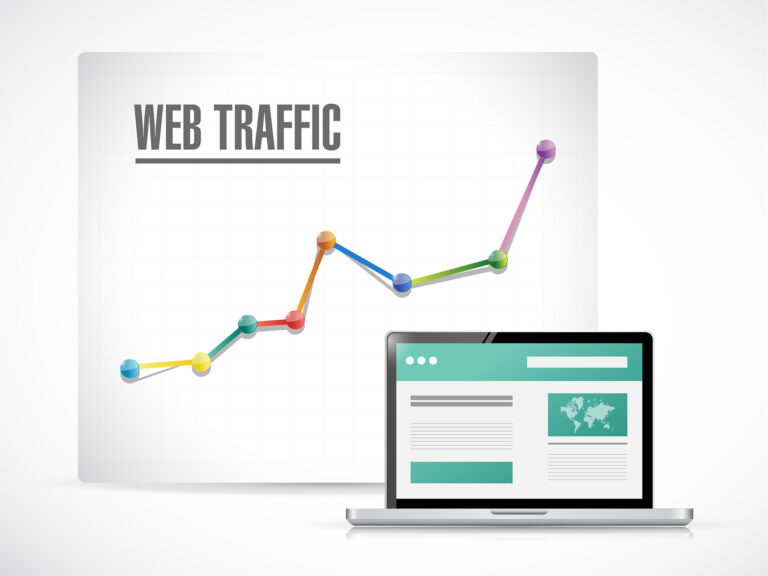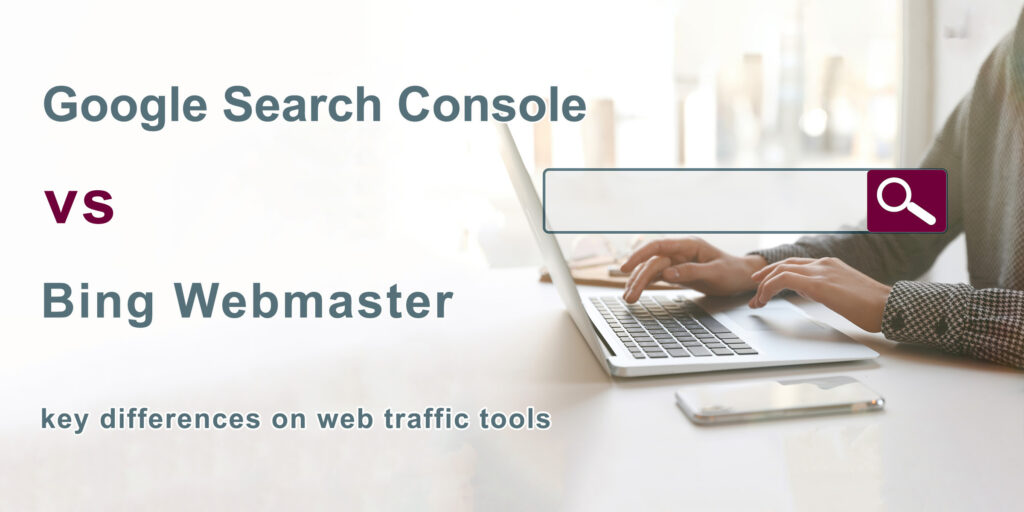In today’s fast-evolving technical landscape, where businesses and individuals rely heavily on their online presence, search engine visibility plays a pivotal role. Two major players in the world of search engines, Google and Bing, offer webmasters invaluable tools to enhance their websites’ performance and rankings. Google Search Console and Bing Webmaster are the respective platforms designed to provide webmasters with insights and tools to optimize their websites. In this article, we will explore the differences between Google Search Console and Bing Webmaster, comparing their features, benefits, and limitations, helping you decide which platform suits your specific needs.
1. Google Search Console: An Overview
Google Search Console, formerly known as Google Webmaster Tools, is a comprehensive suite of webmaster tools offered by Google. It’s a free service that allows webmasters to monitor and manage their website’s presence in Google’s search results. The primary goal of Google Search Console is to help webmasters improve their website’s visibility and performance on the Google search engine.
Key Features of Google Search Console
Performance Data: Google Search Console provides detailed insights into how your website is performing in Google search results. You can see which keywords are driving traffic to your site, the click-through rates, and the average position of your pages.
Index Coverage: This feature allows you to check which pages of your website have been indexed by Google and identify any indexing issues. It also lets you submit sitemaps to help Google crawl your site more efficiently.
URL Inspection: You can individually inspect URLs to see how Googlebot crawls and indexes them. This tool helps you identify and fix issues with specific pages.
Mobile Usability: Google Search Console checks your website’s mobile-friendliness and provides suggestions for improvements, which is crucial in today’s mobile-centric world.
Security Issues: It alerts you to any security issues or malware detected on your website, helping you maintain a safe browsing experience for your visitors.
Rich Results and Structured Data: You can see which rich results (like featured snippets) your website appears in and monitor your structured data to ensure it’s correctly implemented.
Core Web Vitals: Google Search Console helps you monitor your website’s Core Web Vitals, which are essential for user experience and search rankings.
2. Bing Webmaster: An Overview
Bing Webmaster, on the other hand, is Microsoft’s counterpart to Google Search Console. It’s a free service that provides webmasters with insights and tools to improve their website’s visibility in Bing search results. While it may not have the same level of user base as Google, Bing is still a significant search engine, and Bing Webmaster is a valuable resource for optimizing your website for Bing’s audience.
Key Features of Bing Webmaster
Dashboard: The dashboard provides an overview of your website’s performance on Bing, including the number of clicks, impressions, and crawl errors.
Site Explorer: This feature allows you to see how Bingbot crawls and indexes your website. You can view a list of indexed pages, inbound links, and more.
Search Keywords: Bing Webmaster provides insights into the keywords that are driving traffic to your site on Bing. It includes information on click-through rates and average positions.
Crawl Control: You can set crawl rates for Bingbot to control how often it crawls your site, helping you manage server resources effectively.
Sitemaps: Similar to Google Search Console, you can submit sitemaps to Bing Webmaster to help Bingbot discover and index your website’s pages.
Markup Validator: Bing Webmaster offers a markup validator tool that checks your structured data and provides suggestions for improvements.
Security: It also provides information about security issues detected on your website, ensuring a safe user experience.
3. Comparing Google Search Console and Bing Webmaster
1) Search Engine Dominance:
Google Search Console is primarily focused on optimizing your website’s performance on Google, the dominant search engine with the largest user base worldwide.
Bing Webmaster, as expected, emphasizes improving your website’s visibility on Bing. While Bing’s market share is smaller than Google’s, it still commands a significant audience, especially in certain demographics.
2) Audience Differences:
Consider your target audience when choosing between the two tools. If your website caters to a global or diverse audience, Google Search Console may be more critical due to Google’s international reach.
If your target audience is more U.S.-centric or uses Bing as their primary search engine, Bing Webmaster can be particularly beneficial.
3) Feature Depth:
Google Search Console offers a broader range of features and tools compared to Bing Webmaster. This includes detailed insights into website performance, Core Web Vitals monitoring, and structured data reports.
Bing Webmaster offers essential features for webmasters but may not provide as in-depth data or as many tools as Google Search Console.
4) Mobile-Friendly Focus:
Google Search Console places a strong emphasis on mobile usability, given the importance of mobile-friendly websites for search rankings.
Bing Webmaster also offers mobile-friendliness insights but may not prioritize them to the same extent as Google.
4) Structured Data and Rich Results:
Both platforms offer tools to monitor structured data and rich results, but Google Search Console’s reports are more extensive and detailed in this regard.
If your website relies heavily on rich results or structured data, Google Search Console might be a better choice.
5) User Interface:
The user interface of Google Search Console is known for its user-friendliness and intuitive design, making it accessible to users of all experience levels.
Bing Webmaster also offers a user-friendly interface, but some users may find it slightly less polished compared to Google’s offering.
6) Crawl Control:
Bing Webmaster’s crawl control feature allows you to manage how frequently Bingbot crawls your site. Google Search Console does not offer a similar feature.
7) Keyword Insights:
Both platforms provide keyword insights, but Google Search Console typically offers more robust keyword data due to its larger user base.
8) Market Share and Competition:
Consider the competitive landscape in your niche. If your competitors are heavily optimizing for either Google or Bing, it may influence your choice of webmaster tools.

Conclusion
In the world of digital marketing and website optimization, the choice between Google Search Console and Bing Webmaster largely depends on your specific needs and audience. Here’s a summary to help you decide:
Choose Google Search Console if you prioritize global reach, need comprehensive insights and tools, and want to focus on mobile-friendliness and structured data.
Opt for Bing Webmaster if your target audience is Bing-centric or U.S.-focused, you want insights into Bing-specific data, and you appreciate features like crawl control.
In an ideal scenario, webmasters can benefit from using both platforms simultaneously to cover all bases and reach a broader audience. Ultimately, understanding your audience, your website’s goals, and your optimization priorities will guide your decision-making process. Regardless of your choice, both Google Search Console and Bing Webmaster are valuable tools in enhancing your website’s performance in their respective search engines.
For more information, visit Bel Oak Marketing.





